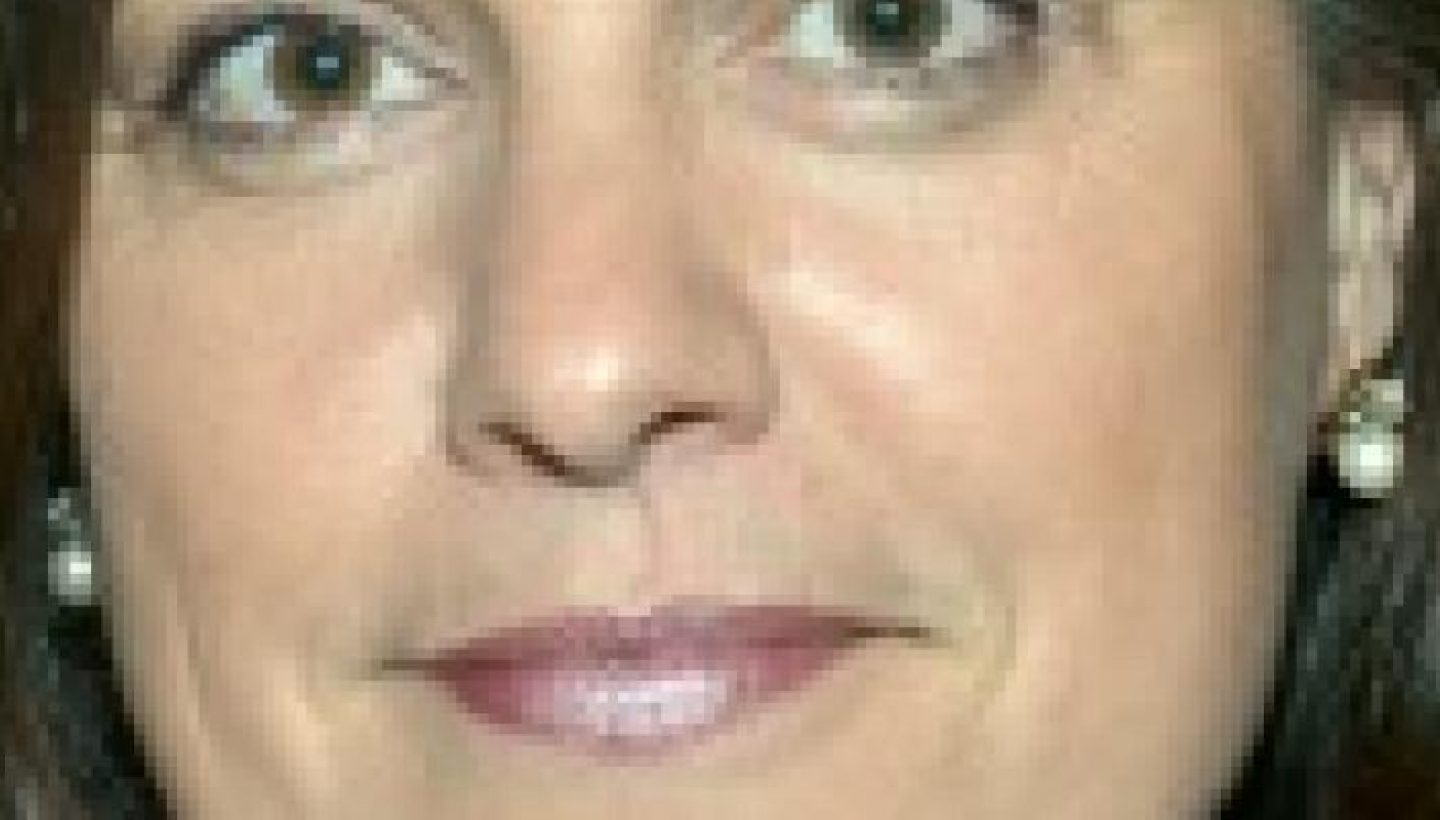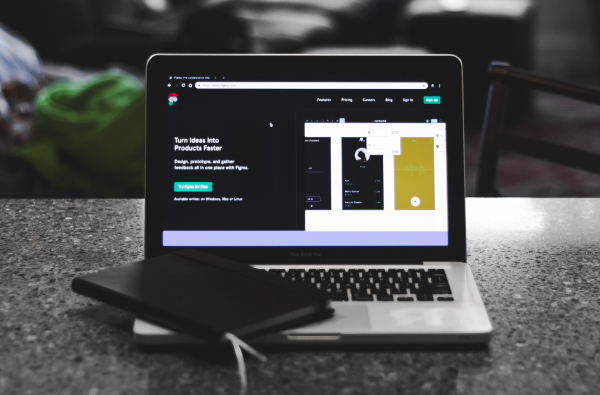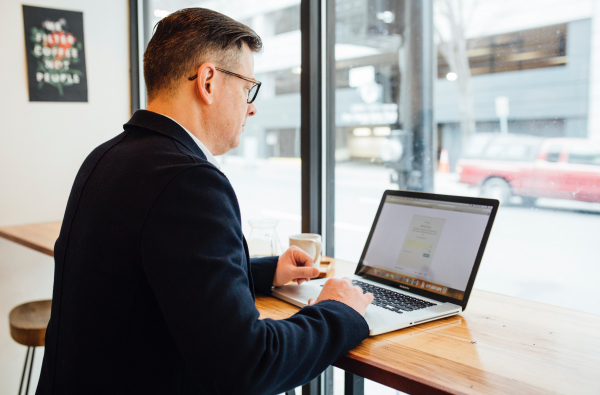Irene Tato is the founder of Health and Communication (“SC” or “Salud y Comunicación”), a social healthcare communication agency. In 2012 she was listed as one of the Top 100 women leaders in Spain, being the communicator with the most online votes, and in 2013 she received the FEDER Journalism Award for Rare Diseases.
With a life dedicated to science journalism, Irene organized the SGS (Social Good Summit) conference for the second time on September 24th and 25th in Madrid. The event was based on the discussion of how advances in the social healthcare field are helping change the world.
Opinno. What is the purpose of holding the second edition of the conference and what do you expect of it?
Irene Tato. We expect a commitment. Last year, Health and Communication tried to join an already existing current: the Social Good Summit, which was created in the United States five years ago, joining partners from all around the world. Last year, the SGS conference was a success so we’re coming back to create the same experience. Ultimately, the goal is to discuss what we need in the world and give rise to reflection. It’s true that my company is focused on the healthcare sector, which is why we bring in speakers and leaders from this field. We focus on health, but we do not forget that there are other areas of focus (poverty, domestic violence, education ...) that continue to advance. That’s why last year we partnered up with UNICEF and this year with Intermón Oxfam. We’re looking to place the attention on social issues that affect a group and need a response.
O. Why seek Intermón Oxfam as a partner?
I.T. We thought Intermón Oxfam would be an ideal partner because it is an organization that is well-known in the fight to mobilize and energize citizens. I believe in the power of citizens and that change only occurs when we all put in will and effort, and continue to spread the passion for doing things differently. Finally, in this world that is both selfish and difficult due to the crisis, attention is received where the people reply, demand, mobilize and revolutionize. Without going out and protesting, altruistic collaboration (which was defined yesterday by a friend as “Social Media with soul” which I liked very much) is useful in harnessing the Social Media tools we have to help others.
O. We have the conference’s theme, which is health, and now...why were those particular topics selected for discussion?
I.T. I believe that you shouldn’t bite off more than you can chew. You have to make use of the experience to which everyone can contribute. I work 365 days a year with matters regarding ehealth, telemedicine, research, patient empowerment, emerging health ... for me it was easier to find speakers from other health fields because I’m more familiar with it. But when you get together with other associates, you know that there are other complementary areas. Health is transversal because without it, we cannot advance and it is also a value on which we cannot exclusively focus. I will continue providing the know-how on the field of social healthcare; however, we will continue to include partners of the related areas that respond to the Social Good Summit’s objectives from this point.
O. How do you think the implementation of eHealth is going in Spain?
I.T It depends on how you look at it. Some researchers boost private funding, but many will say that it is difficult to find investors. On the other hand, I think there is a good breeding ground for it. There are many people that are looking to support it because 38% of people that are seen with a smartphone have a health app. In Spain, we know of many initiatives and some of those presented at the eHealth 2.0 events in Madrid or Barcelona have come to Paris or San Francisco. There are scenarios and potential, but investors are needed.
O. EHealth is creating a trend in information exchange between professionals, but most ordinary people do not know what eHealth is yet...
I.T. No, because they buy healthcare services. Usually they are health applications paid for by the health administration, and the people enter warily. It is a matter of custom and generational change. We see that the younger generation of smartphone users will not have any problem because they recognize that they rely more on what a friend tells them on a smartphone than their internet searches.
EHealth is also provides much more than technology has been able to offer us for a long time has been treated regionally rather than finding connecting links. It’s putting in a little common sense and gives an international profile to events like the SGS conferences.
O. EHealth is an advance in information exchange, but many say the traditional doctor-patient relationship may be lost...what do you think are the disadvantages of eHealth?
I.T. All misused technology has disadvantages. The confidence you have to earn as a professional must be taken care of and maintained by all means. It is true that eHealth is made to save money and may give the impression that it is materialistic and slightly humanistic, but I see the service as being more personalized. Now you have mechanisms that allow you to listen and analyze everything that the patient has done. If the healthcare professional is part of channeling the information, it will improve the relationship with the patient. As for the tools, you must look at its benefits and not slow them down with the drawbacks. It’s giving information to citizens, and creating empowered patients, who co-decide with their doctor. Do not think of eHealth as only cutting costs and time, but rather as better service for the user, providing a higher quality of life and empowerment.
O. As a social healthcare communication agency, do you think there is a need to change the way we communicate?
I.T. Every day we are changing something when we see that it doesn’t work. For many years, I have investigated how health and medicine communication is done and there were very few sources. Now that range has been opened but there is risk in its reliability and quality. It continues to demand more medical information supported by opinion leaders, and in Spain that is still in the process of being achieved. SC has been in this line for a long time: working towards transparency. We must demand the credibility of the medical sector. I bet on quality information and cannot conceive flawed, opaque or marketed information. Because I believe good can be done with citizens’ information, I ask for help from researchers, developers, journalists, etc., to popularize science. Furthermore, in science journalism you have to continuously train and familiarize yourself with information.
O. Let move onto the easy questions ... a book, a journalist and a scientist.
I.T. As a journalist I like Xavi Granda, because he is very upright and competent; a book, el Manual de Comunicación (The Communication Manual), which should be the Bible of any communicator, and I’m torn between several scientists, but would have to say Fernández Cruz, a cardiologist that I like as a person, as a professional and who has an attitude to help.



